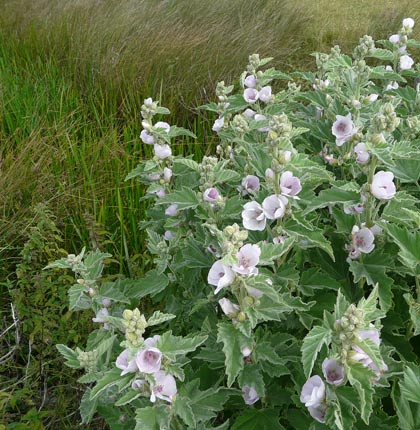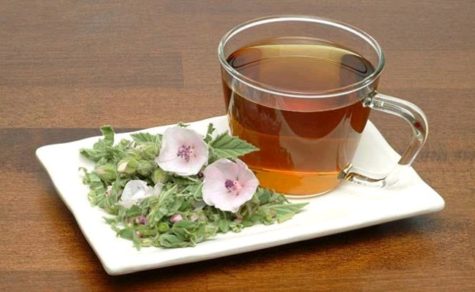Marsh Mallow
Marsh Mallow Ointment
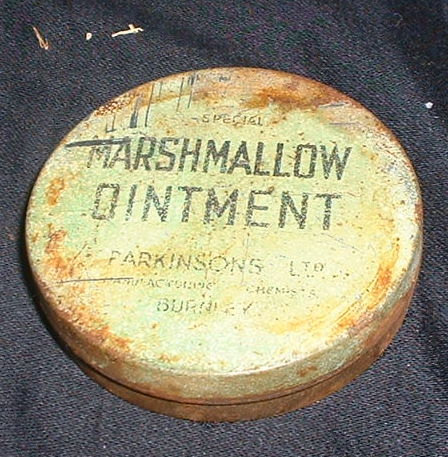 Marshmallow Ointment, one of the principal ointments used in herbal medicine, has a considerable proportion of Slippery Elm bark in its composition. It is made as follows:
Marshmallow Ointment, one of the principal ointments used in herbal medicine, has a considerable proportion of Slippery Elm bark in its composition. It is made as follows:
- 3 oz. Marshmallow leaves
- 2 oz. Slippery Elm bark powder
- 3 oz. Beeswax
- 16 oz. Lard
Boil the Marshmallow and Slippery Elm bark in 3 pints of water for 15 minutes. Express, strain and reduce the liquor to half a pint. Melt together the lard and wax by gentle heat, then add the extract while still warm, shake constantly till all are thoroughly incorporated and store in a cool place.
Use for chapped dry skin, burns and abrasions.
Source: A Modern Herbal
For information on individual herbs visit: The Encyclopedia of Herbology
Slippery Elm for Pleurisy
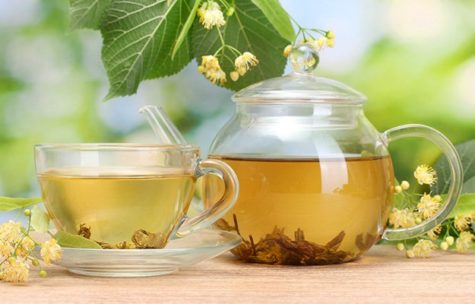 In Pleurisy, the following is recommended:
In Pleurisy, the following is recommended:
Take 2 oz. each of Pleurisy root, Marsh Mallow root, Licorice root and Slippery Elm bark. Boil in 3 pints of water down to 3 gills. Dose: 1/2 teaspoonful every half-hour, to be taken warm.
Source: A Modern Herbal
For information on individual herbs visit: The Encyclopedia of Herbology
Measurement conversions can be found here: Table of Weights and Measures
Marsh Mallow Gargle
The flowers of the Marsh Mallow, boiled in oil and water, with a little honey and alum, have proved good as a gargle for sore throats. In France, they form one of the ingredients of the Tisane de quatre fleurs, a pleasant remedy for colds.
Source: A Modern Herbal
For information about the individual herbs visit: The Encyclopedia of Herbology
Marsh Mallow Poultice
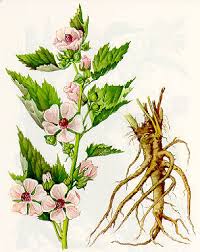 The powdered or crushed fresh roots of the Marsh Mallow make a good poultice that will remove the most obstinate inflammation and prevent mortification. Its efficacy in this direction has earned for it the name of Mortification Root.
The powdered or crushed fresh roots of the Marsh Mallow make a good poultice that will remove the most obstinate inflammation and prevent mortification. Its efficacy in this direction has earned for it the name of Mortification Root.
Slippery Elm may be added with advantage, and the poultice should be applied to the part as hot as can be born and renewed when dry.
An ointment made from Marsh Mallow has also a popular reputation, but it is stated that a poultice made of the fresh root, with the addition of a little white bread, proves more serviceable when applied externally than the ointment.
The fresh leaves, steeped in hot water and applied to the affected parts as poultices, also reduce inflammation, and bruised and rubbed upon any place stung by wasps or bees take away the pain, inflammation and swelling.
Pliny stated that the green leaves, beaten with nitre and applied, drew out thorns and prickles in the flesh.
Source: A Modern Herbal
For information about the individual herbs visit: The Encyclopedia of Herbology
Marsh Mallow for Kidneys
Put the flower and plant (all but the root)of Marsh Mallows in a jug, pour boiling water, cover with a cloth, let it stand three hours – make it strong. If used for gravel or irritation of the kidney, take 1/2 pint as a Tea daily for four days, then stop a few days, then go on again. A teaspoonful of gin may be added when there is no tendency to inflammation.
~From a family recipe-book
For information about the individual herbs visit: The Encyclopedia of Herbology
Marsh Mallow Water
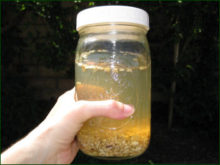 Marshmallow water may be used with good effect in all cases of inveterate coughs, catarrhs, etc.
Marshmallow water may be used with good effect in all cases of inveterate coughs, catarrhs, etc.
Soak one ounce of marsh mallow roots in a little cold water for half an hour; peel off the bark, or skin; cut up the roots into small shavings, and put them into a jug to stand for a couple of hours; the decoction must be drunk tepid, and may be sweetened with honey or sugar-candy, and flavoured with orange-flower water, or with orange juice.
~Francatelli’s Cook’s Guide
For information about the individual herbs visit: The Encyclopedia of Herbology
Saida: Salves To Heal Up Wounds
Brenda-Lee: Egg White Cough Cure
Pat Scott: Marsh Mallow Ointment
Sharon from Cleveland, Ohio: Egg White Cough Cure
Vagabond Witch: Soapwort Shampoo
